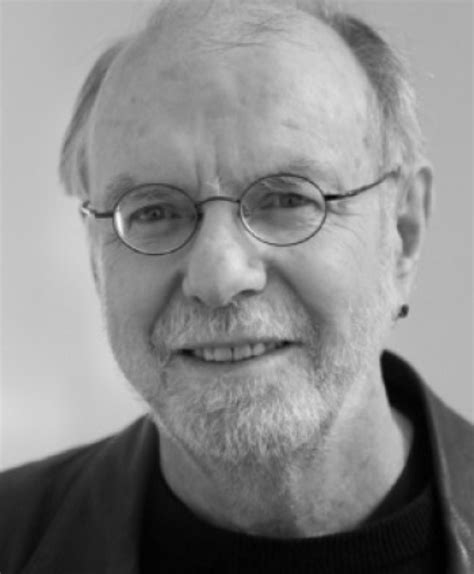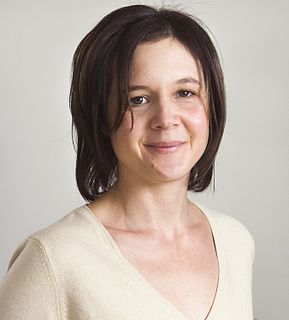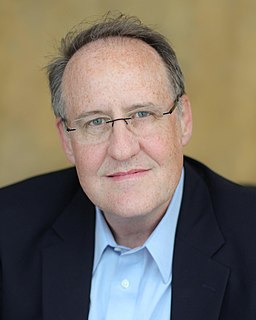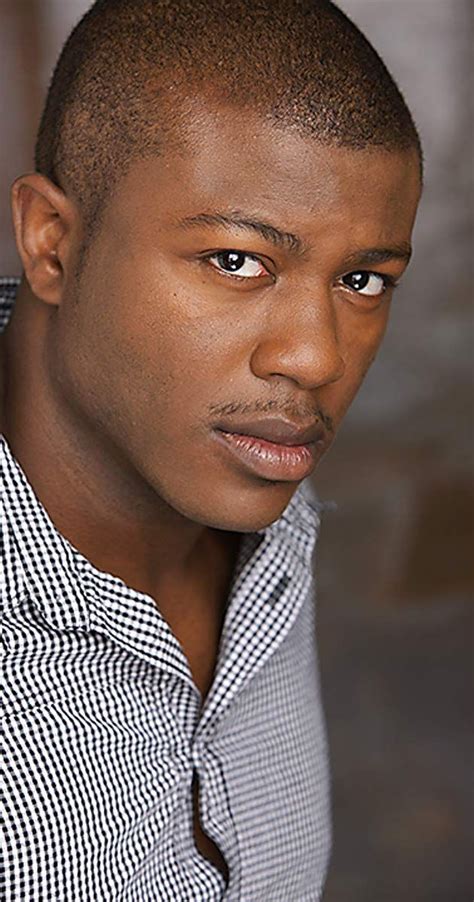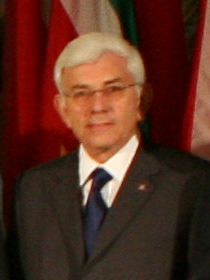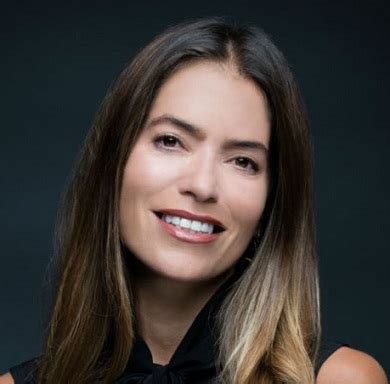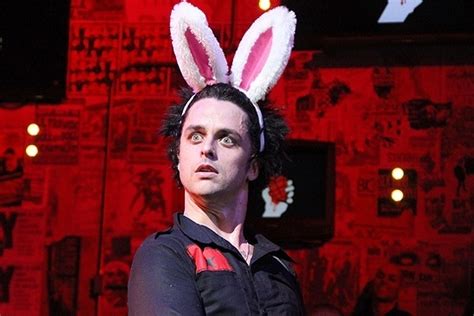A Quote by W. J. T. Mitchell
Stereotypes are ways of making extremely primitive and simple differentiations. Differentiations of gender, race, class, social status - so ordinary social life is very much built upon a whole repertoire of stereotypes we carry around. And those are immediately laminated onto people, and it isn't just visual.
Related Quotes
Is individual gender suffering relieved at the price of role conformity and the perpetuation of role stereotypes on a social level? In changing sex, does the transsexual encourage a sexist society whose continued existence depends upon the perpetuation of these roles and stereotypes? These and similar questions are seldom raised in transsexual therapy at present.
When the environment makes gender salient, there is a ripple effect on the mind. We start to think of ourselves in terms of our gender, and stereotypes and social expectations become more prominent in the mind. This can change self-perception, alter interests, debilitate or enhance ability, and trigger unintentional discrimination. In other words, the social context influences who you are, how you think and what you do.
Intersectionality has made an important contribution to social and political analysis, asking all of us to think about what assumptions of race and class we make when we speak about "women" or what assumptions of gender and race we make when we speak about "class." It allows us to unpack those categories and see the various kinds of social formations and power relations that constitute those categories.
The problem with labels is that they lead to stereotypes and stereotypes lead to generalizations and generalizations lead to assumptions and assumptions lead back to stereotypes. It’s a vicious cycle, and after you go around and around a bunch of times you end up believing that all vegans only eat cabbage and all gay people love musicals.
Recently, John and I got to go to Selma and perform it on the same bridge that Martin Luther King walked over. Once a landmark of a divided nation, the spirit of this bridge now for all people regardless of race, gender, sexual orientation or social status. This bridge was built on hope and welded with compassion. Common
I think people should be allowed to do what they want to do. I think that it doesn't make sense for a certain class to be able to get married and be treated differently when others are not. But I don't equate polygamy with same-sex marriages - and I know you don't either. Polygamy is a different story because it has different class differentiations in it.
We have different expectations for different groups of people. We tend to modulate the degree with which we're forgiving or punitive depending on how well we know folks, or how much we consider them peers, or how much social capital we've invested in them. That has to do with race, class, gender, and socioeconomic status. We have a tendency to bend over backwards to forgive folks we think of as part of "the us." The question of who we define as "the us" is a lot of what constitutes how we punish who we punish.
